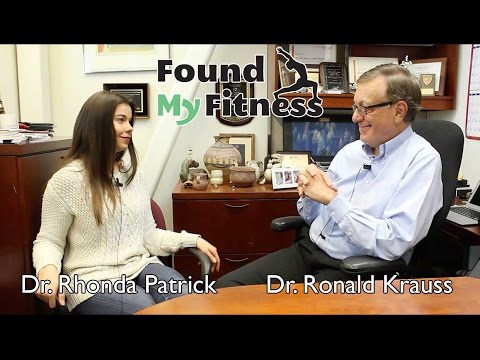I propose that today there are 4 effective, safe and widely available interventions for improved lifespan that everyone should consider: rapamycin, acarbose, glycine and taurine. And an honorable mention to NAC, though the safety is not as clear.
-
Rapamycin
- Background
- Inhibits MTOR, and specifically MTORc1, a growth pathway. The most significant effect across animal models, with good safety data in humans. Thought to reduce aging by reducing growth - continuing growth post-adulthood could be a driver of aging.
- Evidence
-
ITP mice lifespan extension
- male: +10-22% median, +8% p90
- female: +22% median, +21% p90
-
ITP mice lifespan extension when combined with acarbose:
- male: +37% median / +24% p90
- female: +28% median / +21% p90
- Evidence of anticancer effect in humans and FDA approval to treat cancer in humans.
-
ITP mice lifespan extension
- Safety
- Used and researched in human transplant patients at 2-5 mg daily dose. Used widely at 4+ mg weekly dose for anti-aging.
- Most significant potential side effects are related to having kids.
- For males: decrease in fertility. Seen in human transplant patients and high dose mice. In both humans and mice discontinuation of the drug allows fertility in all cases.
- For females: when taken during mice pregnancy, reduced size and growth of offspring
- Can increase insulin resistance, raising blood glucose. This is likely why it synergizes with acarbose, which lowers blood glucose.
- Can lower immune system response to bacteria. This can be an issue at high doses used in transplant patients but not reported in lower weekly antiaging usage. Recommend stopping usage while feeling sick.
- Background
-
Acarbose
- Background
- Slows digestion of sugar, lowering blood sugar spikes. Taken with meals. Thought to reduce aging by reducing blood sugar spikes which can be harmful. Synergistic with rapamycin.
- Evidence
-
ITP mice lifespan extension
- male: +17% median / + 11% p90
- female: +5% median / +3% p90
-
ITP mice lifespan extension when combined with rapamycin:
- male: +37% median / +24% p90
- female: +28% median / +21% p90
-
ITP mice lifespan extension
- Safety
- Widely prescribed for type 2 diabetes. Up to 300 mg 3 times daily.
- Background
-
Glycine
- Background
- Amino acid in food, a typical diet contains ~2 grams daily. Tastes sweet. One way it may help reduce aging is by being a precursor to the antioxidant glutathione. It may also depress methionine levels, with methionine associated with aging.
- Evidence
-
ITP Mice lifespan extension
- male: +6% median / +5% p90
- female: +4% median / +2% p90
- When combined with NAC: 24% average mice lifespan extension. See NAC section.
- Glycine (7g) and NAC (9g) supplementation in older humans for 24 weeks improved some markers of health and increased glutathione
-
ITP Mice lifespan extension
- Safety
- Found in diet in similar amount as supplementation, so should be safe.
- Background
-
Taurine
- Background
- Semi-essential amino acid, produced by the body and also found in food. Thought to extend lifespan by correcting for defeciency that occurs with age in humans and other animals. Vegans notably have lower levels of this since it is found mostly in animal foods, so vegans may have an extra benefit from supplementation of it. Neutral taste.
- Evidence
-
Main study. References:
- Mice lifespan extension: median 10%. Equivalent human dose of 2.8-5.7g.
- Lifespan extension in mice and worms
- Improved health markers in monkeys (lifespan data pending as the monkeys have not yet died)
- Blood concentration of taurine declines with age in mice, monkeys, and humans.
- Non-vegetarians typically eat 40 – 70 mg of taurine per day (Rana, 1986). Vegan diet has reduced amounts of taurine, with seaweed and soybeans as plant based sources. Vegans have been shown to have lower but normal blood levels of taurine (Laidlaw, 1988).
-
Main study. References:
- Safety
- Found in diet and is an amino acid, so should be safe.
- Improved health markers and lifespan in model animals as mentioned above
- Background
An honorable mention goes to N-Acetyl-Cysteine (NAC). When combined with glycine there is significant lifespan extension. However, it has not been reproduced and in one study it increased lung cancer in mice. I think it is worth taking, but the evidence is not as clear cut as the previous supplements.
- NAC (combined with glycine)
- Background
- This and glycine are precursors of the endogenous antioxidant glutathione. Antioxidant. Tastes terrible.
- Evidence
- Safety
- NAC increased lung cancer metastasis in mice. There is some concern with antioxidants that since the prevent cell oxidation, this can actually protect cancer cells too. This seems somewhat at odds with the lifespan extension seen in mice, since mice mostly die of cancer.
- Background
What do you think?

